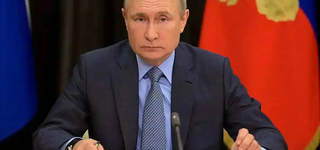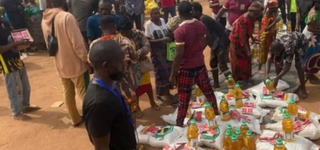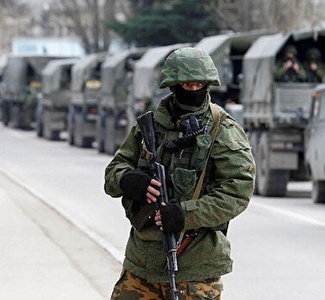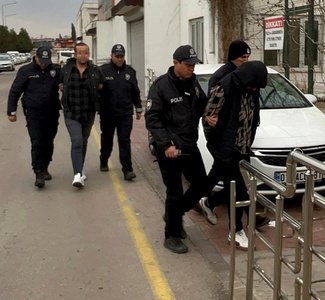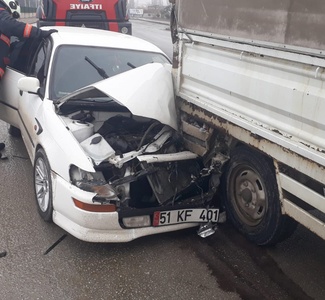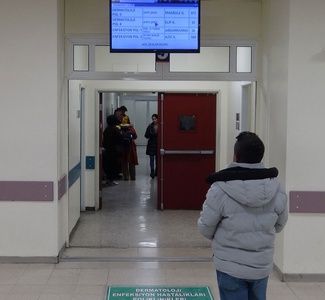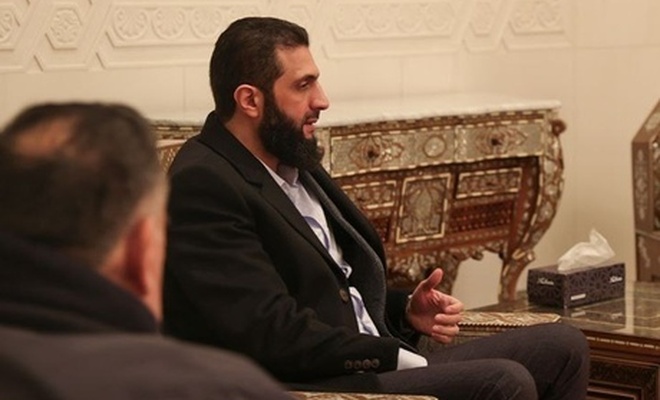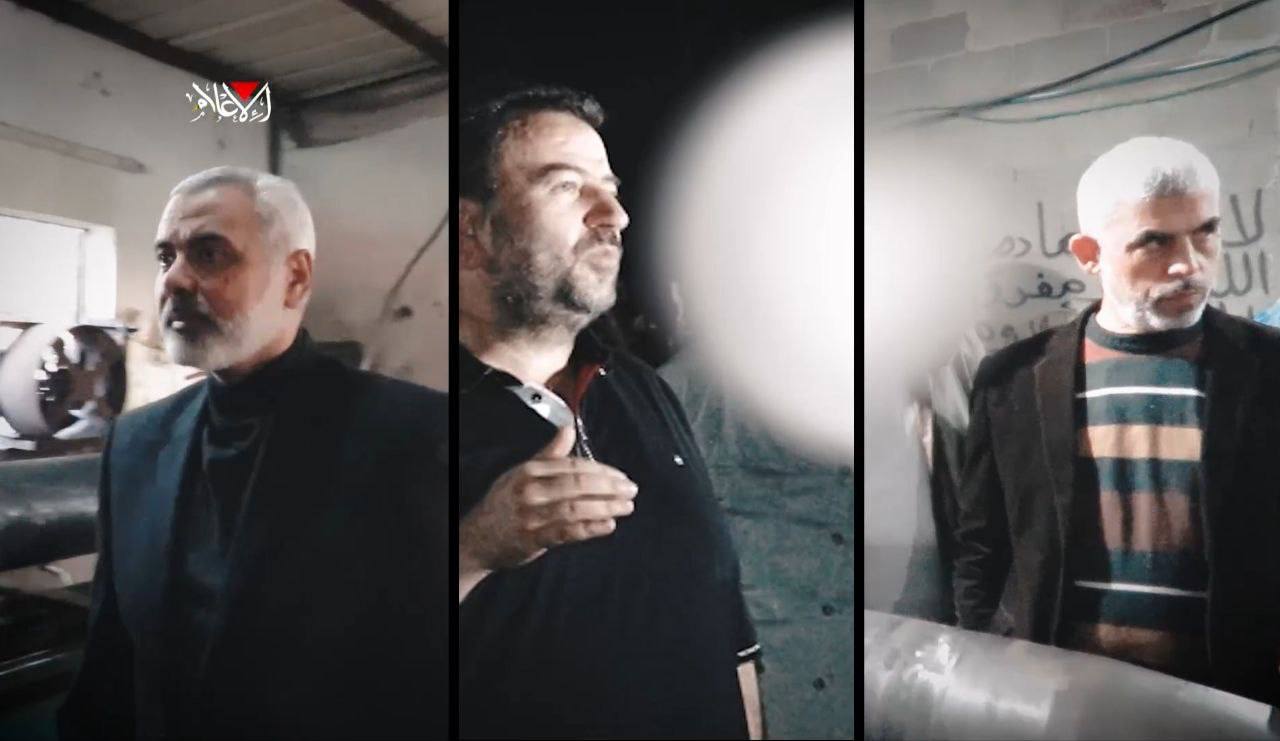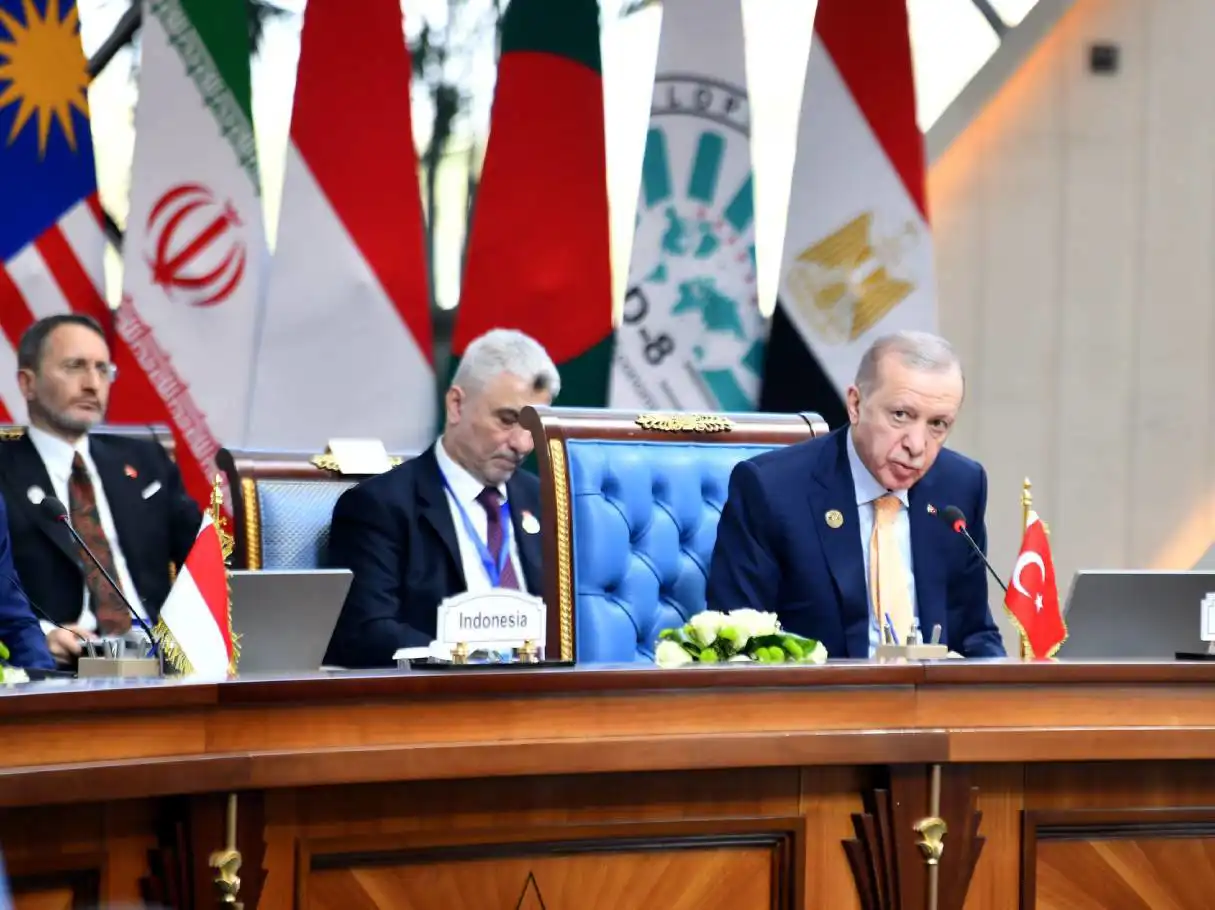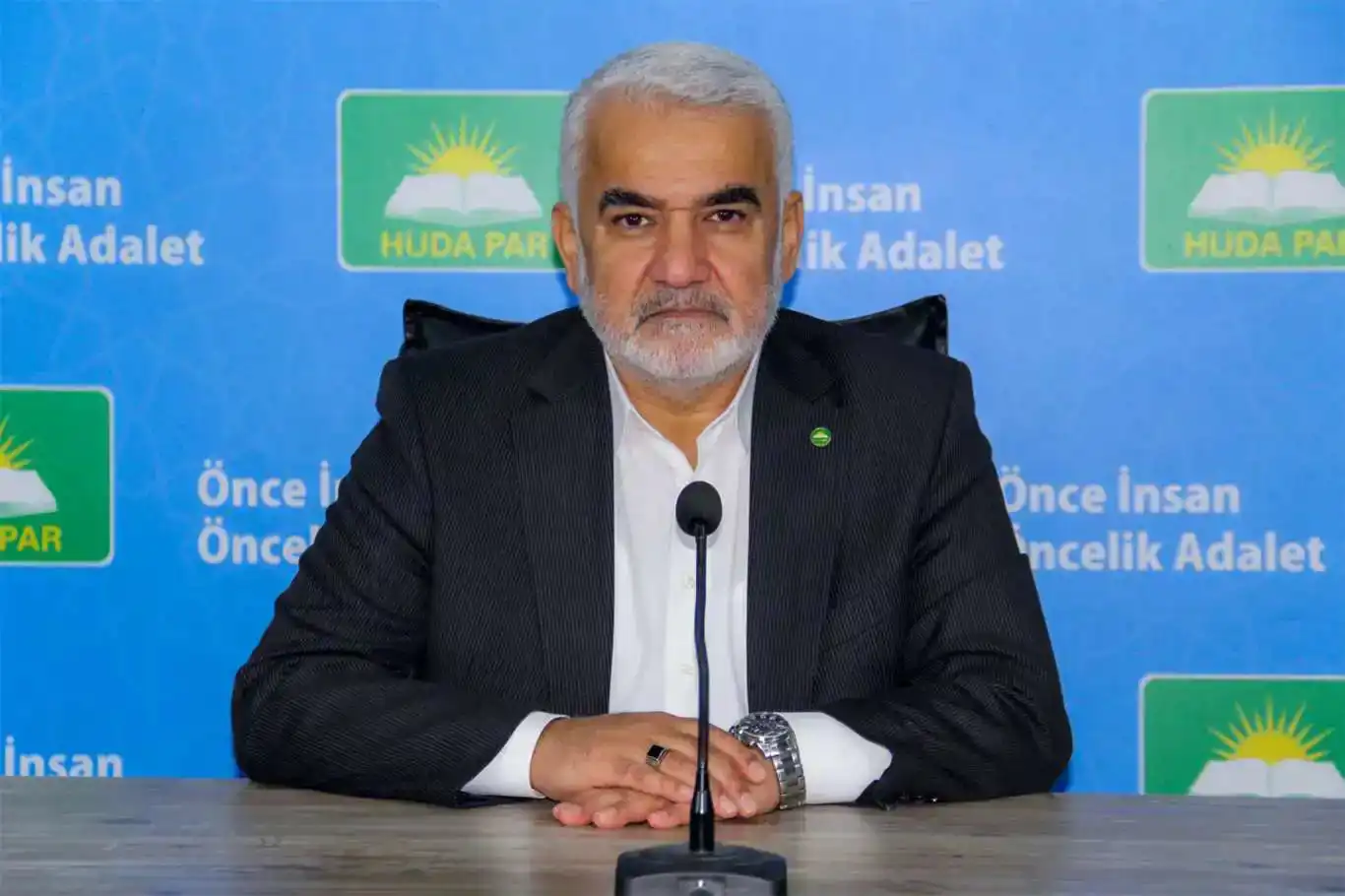WHO declares mpox outbreak a global health emergency
The World Health Organization (WHO) has declared the ongoing mpox outbreak a Public Health Emergency of International Concern (PHEIC), its highest level of alert.
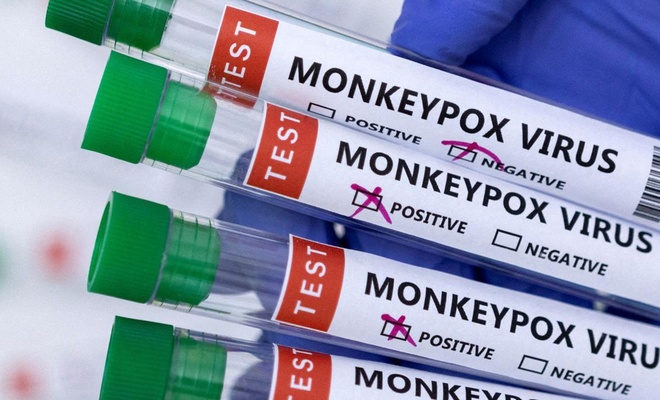
 Google News'te Doğruhaber'e abone olun.
Google News'te Doğruhaber'e abone olun. The decision comes after an emergency committee meeting on Wednesday, where members advised the WHO Director-General, Tedros Adhanom Ghebreyesus, that the situation warrants the global response.
Ghebreyesus convened the meeting to assess the severity of the mpox outbreaks, which have been spreading across several African countries, particularly the Democratic Republic of the Congo (DRC), Burundi, Kenya, Rwanda, and Uganda. The Africa Centres for Disease Control and Prevention (CDC) had already declared the situation a public health emergency earlier in the week.
“The Emergency Committee’s advice to me, and that of the [Africa CDC], which yesterday declared a public health emergency of regional security, are aligned,” Tedros announced in a post on the social media platform X, formerly known as Twitter.
Mpox, formerly known as monkeypox, has seen a significant surge in cases this year, with over 14,000 reported infections and 524 deaths—a sharp increase from 2023. The virus has been spreading through multiple clades, with clade 1b identified as particularly deadly and easily transmissible, primarily through sexual networks.
Tedros highlighted the potential for further spread across Africa, noting that around 90 cases of clade 1b were reported in countries neighboring the DRC in the past month. These nations had not previously reported mpox cases, raising concerns about the virus's expansion.
The WHO chief emphasized the need for a coordinated international response to contain the outbreaks and save lives. The organization is working closely with affected countries, the Africa CDC, and other partners to understand the drivers behind these outbreaks and implement tailored response measures.
Efforts include providing diagnostic machines, supporting laboratories in sequencing viral samples, assisting with case investigations, and contact tracing. WHO has also developed a regional response plan, initially requiring $15 million to support surveillance, preparedness, and response activities.
Two WHO-recommended vaccines are currently being used to combat the mpox outbreak. Under a recent Emergency Use Listing (EUL) call, Tedros invited vaccine manufacturers to accelerate production, particularly for lower-income countries that have not yet issued their own national regulatory approvals. This initiative will allow partners like UNICEF to gather and distribute vaccines more equitably.
To support the ongoing global response, the WHO has extended its standing recommendations under the IHR for another year. These guidelines include enhancing community protection, adapting public health measures to local contexts, and providing resources for clinical care.
Tedros reaffirmed WHO’s commitment to coordinating the global response, working closely with affected countries to prevent transmission, treat those infected, and save lives.
This declaration of a PHEIC underscores the urgency of the situation and the need for immediate international cooperation to address the growing mpox crisis. (ILKHA)






























